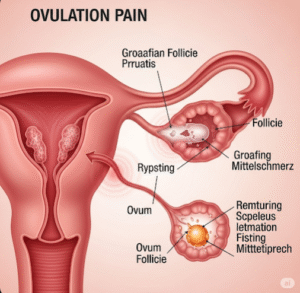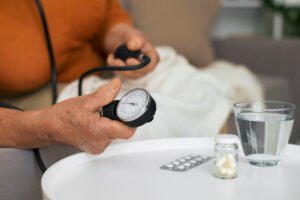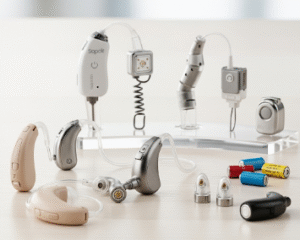What it is
Emergency contraception (EC) is a method used to prevent pregnancy after unprotected sex or contraceptive failure (such as a broken condom, missed birth control pill, or unplanned intercourse). In Korea, emergency contraception is available by prescription from a doctor and comes mainly in two forms:
✔️ Emergency contraceptive pills (ECPs) – high-dose hormonal pills, usually taken within 72 hours of unprotected sex
✔️ Copper IUD – can be inserted up to 5 days after unprotected sex for maximum effectiveness
➡️ The most commonly used type in Korea is the emergency pill, which must be obtained after consultation with a gynecologist or doctor.
Why it’s done
Emergency contraception is recommended when:
🔹 Condom failure (breakage or slippage)
🔹 Missed birth control pills or delayed injections
🔹 Unprotected sex due to unexpected circumstances
🔹 Sexual assault cases where pregnancy prevention is needed urgently
💡 Highlight: Emergency contraception does not terminate an existing pregnancy; it only prevents ovulation or fertilization if taken in time.
Alternatives
Apart from emergency pills, other alternatives exist in Korea:
➡️ Copper IUD – the most effective emergency contraception, also providing long-term birth control
➡️ Regular hormonal contraceptives – pills, implants, or injections to prevent future emergencies
➡️ Barrier methods – condoms to prevent both pregnancy and STIs
➡️ Fertility tracking methods – though less reliable, can support long-term planning
⚠️ Note: Emergency contraception is not designed for regular use. It is meant for emergencies only.
Preparation
Before taking emergency contraception in Korea, patients usually undergo a quick consultation:
✔️ Doctor consultation – explain when unprotected sex occurred and any existing medical conditions
✔️ Timing check – effectiveness depends heavily on how soon it’s taken
✔️ Medication discussion – doctor prescribes the most suitable pill type (levonorgestrel or ulipristal acetate)
✔️ Awareness of side effects – nausea, dizziness, or irregular bleeding may occur
✔️ Pregnancy test – sometimes recommended if there’s a delay in taking the pill
💡 Tip: Korean clinics prioritize privacy and confidentiality, making the process discreet and supportive.
How it’s done
Emergency contraceptive pills are simple to take:
- Doctor prescribes the pill based on timing and medical suitability
- Take the pill as soon as possible – ideally within 24 hours, but up to 72 hours (levonorgestrel) or 120 hours (ulipristal acetate)
- Follow doctor’s instructions carefully to maximize effectiveness
Copper IUD as emergency contraception:
- Inserted by a gynecologist within 5 days after unprotected sex
- Provides both emergency prevention and long-term contraception (up to 10 years)
- Requires a short clinic procedure but is the most effective method
💡 Highlight: In Korea, doctors often recommend emergency pills first due to quick access, but IUDs are offered as the most reliable solution.
Recovery
Recovery after taking emergency contraception is generally smooth:
✔️ Normal activities can be resumed immediately
✔️ Possible side effects: nausea, fatigue, irregular bleeding, earlier or delayed period
✔️ Menstrual cycle may be temporarily disrupted, but usually returns to normal the next month
When to contact a doctor:
➡️ Severe abdominal pain
➡️ Missed period more than one week late (possible pregnancy)
➡️ Continuous heavy bleeding
💡 Important: Emergency contraception is safe, but should not replace regular contraception.
Treatment option in Korea
Emergency contraception in Korea is widely available but always requires doctor consultation.
⭐ Gynecology clinics and hospitals provide same-day prescriptions
⭐ Affordable consultation fees compared to many countries
⭐ Doctors explain short-term use and safer long-term options
⭐ Some hospitals have 24-hour emergency services for urgent cases
⭐ Pharmacies do not sell emergency pills directly – a prescription is mandatory
💡 Highlight: Korea’s healthcare system ensures professional, safe, and discreet access to emergency contraception for both locals and foreign patients.
Key Highlights
✔️ Emergency contraception prevents pregnancy after unprotected sex
✔️ Two main methods: emergency pills (within 72–120 hours) and copper IUD (within 5 days)
✔️ Doctor consultation required for prescription in Korea
✔️ Safe but not a regular contraceptive method
✔️ Korean clinics provide fast, discreet, and professional services













